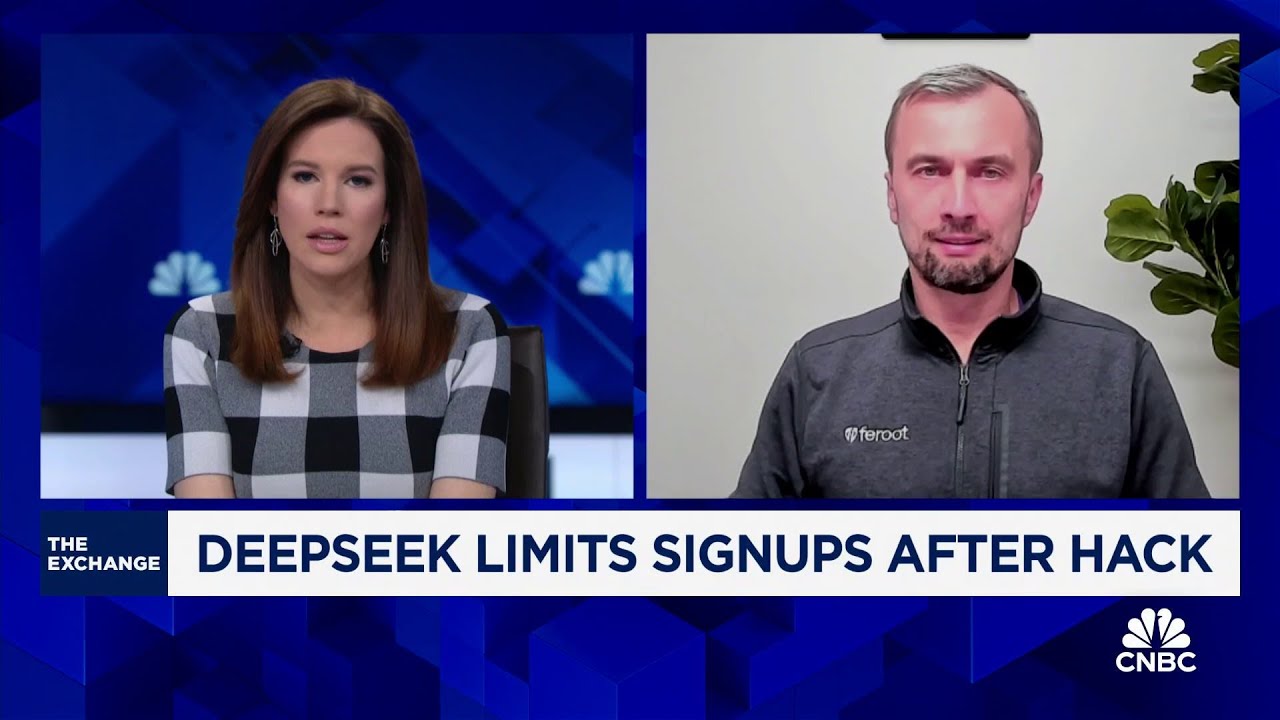In a CNBC discussion, Feroot Security CEO Ivan Tsarynny highlighted the uncertainty surrounding the DeepSeek hack, emphasizing the need for caution as it could either be a significant cybersecurity incident or just increased user activity. He also raised concerns about data collection practices by apps like TikTok, particularly regarding their implications for AI development and the potential risks of data misuse, especially in relation to Chinese laws.
In a recent discussion on CNBC, Ivan Tsarynny, CEO of Feroot Security, addressed the ongoing situation surrounding the DeepSeek hack, which has raised concerns in the cybersecurity community. Tsarynny emphasized the need for caution as the details of the incident remain unclear. He noted that it could either be a significant hack or simply a surge in user activity on the DeepSeek platform, which has been compared to a pivotal moment in the AI industry akin to the “Sputnik moment.” The uncertainty surrounding the nature of the incident calls for patience until more information is released.
The conversation then shifted to the implications of data collection by apps like TikTok and the potential risks associated with downloading the DeepSeek app, which has recently topped the App Store charts. Tsarynny highlighted the methods through which TikTok collects user data, emphasizing that this information is crucial for training AI models. He pointed out that the data collected from users, especially English-speaking individuals, is particularly valuable for AI development, raising concerns about how this information might be utilized or exploited.
Tsarynny elaborated on the broader cybersecurity threats posed by data collection practices, particularly in relation to apps connected to China. He explained that while it is difficult to definitively prove whether these apps are misusing data, Chinese laws allow for the transfer of collected information to the government. This potential for data misuse could provide a significant advantage to Chinese AI innovation, especially given the importance of current and relevant data for training effective AI models.
The discussion also touched on the personal choices individuals face regarding app usage. Tsarynny expressed his own decision to avoid using certain apps due to privacy concerns, suggesting that users should carefully consider the implications of their choices. He likened the situation to making investment decisions based on outdated information, stressing that using current data is essential for accurate AI performance and for protecting sensitive information from adversarial countries.
In conclusion, Tsarynny’s insights underscore the critical importance of data protection in the context of rising cybersecurity threats and the evolving landscape of AI. As users navigate their app choices, they must weigh the potential risks of data exposure against the benefits of using popular platforms. The ongoing developments surrounding the DeepSeek hack serve as a reminder of the vulnerabilities present in the digital landscape and the need for vigilance in safeguarding personal information.
